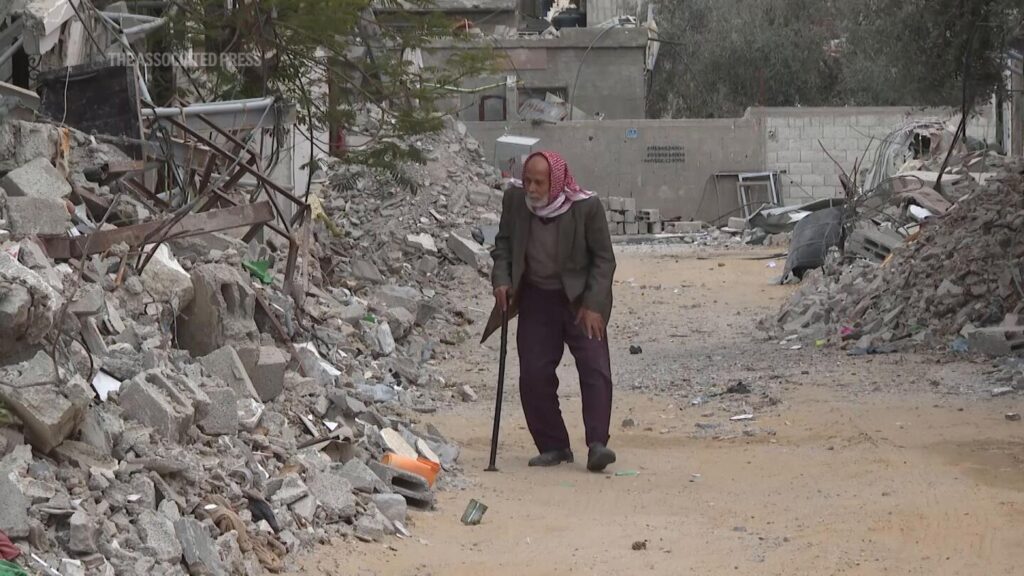In a recent development, Palestinians have vehemently opposed a proposal put forth by President Donald Trump, which suggests expelling them from the Gaza Strip to facilitate the U.S. in taking control of the territory for reconstruction purposes. This unexpected proposition has been met with strong rejection from the Palestinian community. The proposal, if implemented, would involve displacing Palestinians from their homes to make way for the U.S. to assume authority over the Gaza Strip with the intention of rebuilding it for a different demographic. The rejection of this proposal highlights the deeply rooted concerns and complexities surrounding the Israeli-Palestinian conflict and the sovereignty of the Gaza Strip. The ramifications of such a proposal, both politically and humanitarianly, underscore the challenges and sensitivities involved in addressing the longstanding issues in the region. This development underscores the ongoing tensions and disagreements that persist in the Middle East, particularly concerning the territorial disputes and rights of the Palestinian people in the Gaza Strip. The rejection of President Trump’s proposal reflects the firm stance of Palestinians in safeguarding their homes, identity, and rights in the face of external interventions and proposals that undermine their sovereignty and autonomy.
“Courageous Nakba Survivor Defies Trump’s Expulsion Demand in Gaza | AP News”
February 5, 2025

From Associated Press
This site is supported by our readers, so if you’re able to help, consider becoming a paid supporter. https://www.patreon.com/YUGENEWS
